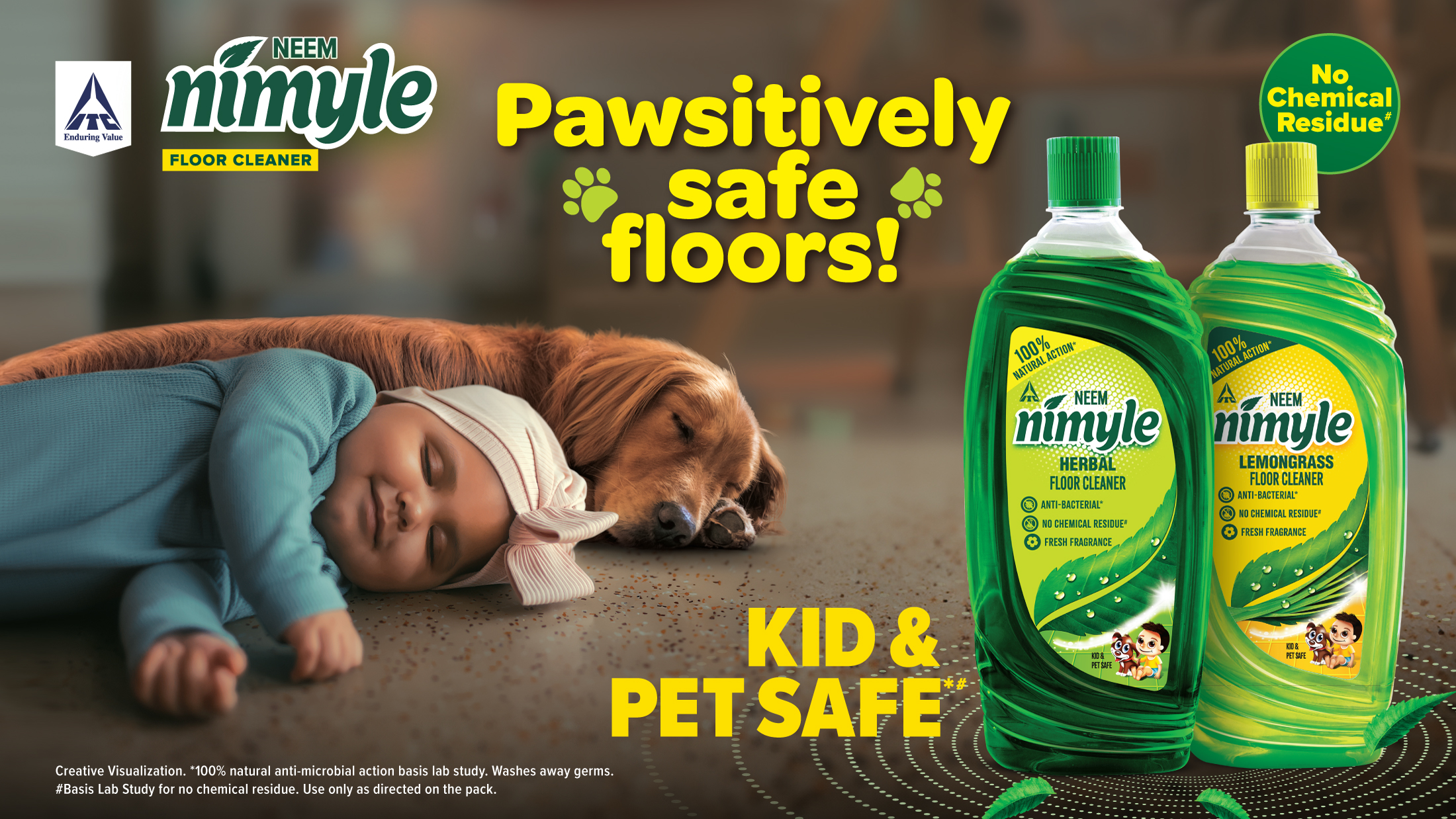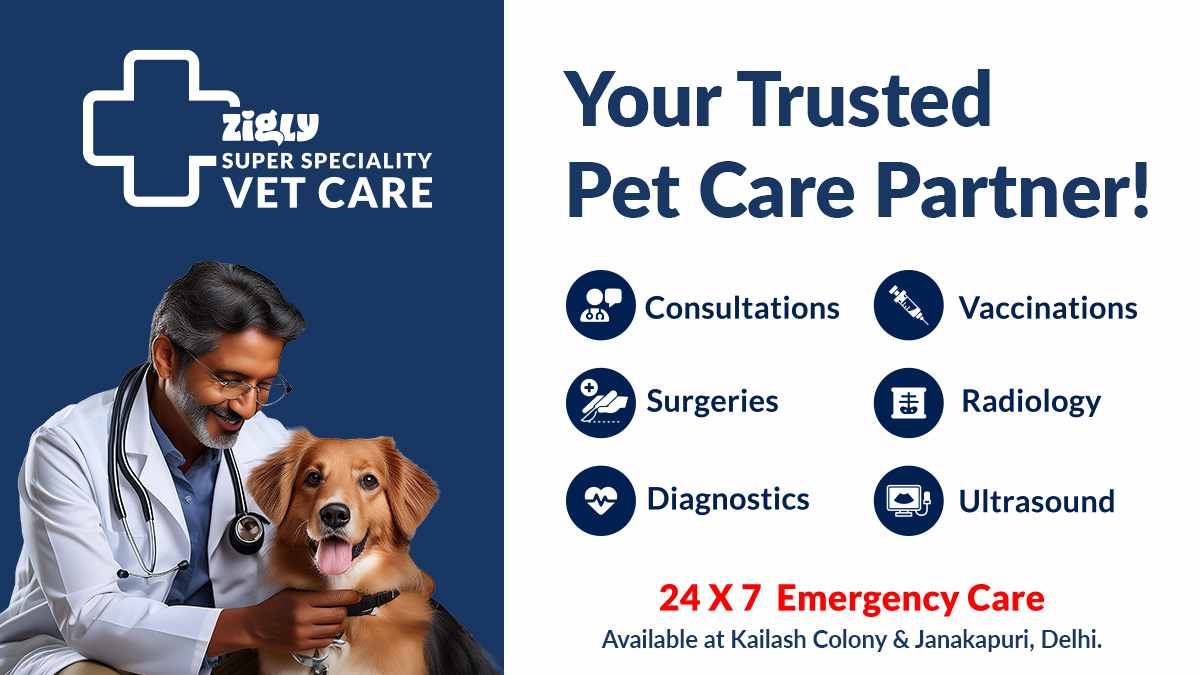Like the pack behavior of wolves, dogs have evolved to consume large quantities of food in a single sitting. You can see this trait to gorge and overeat in several popular dog breeds like Labrador Retrievers. Precisely why you need to monitor meals to control food consumption and prevent unhealthy weight gain or indigestion. This being said, at Royal Canin believe that every dog is unique, from the flat-faced Pug to the obesity-prone Labrador retriever. Through a lifetime dedicated to learning more about pet dogs, and partnering with pet experts, we have created dog food based on size, breed, life stages and other parameters.
1) IS HOMECOOKED BETTER THAN PROCESSED FOOD?
2) More energy, more nutritional needs.
Physical activities of any sort are an addition to your dog’s stress levels. Surprisingly, even obedience training will exert your dog to a high extent. Other than that, travelling, being around other dogs or even changing weather conditions can use up energy.
3) Palatable, digestible and high-energy diet.
Palatability is essential to ensure that active dogs eat properly at the end of the day. Above all, attractive and dense nutrition is essential to provide maximum calories in a small volume.
One gram of fat provides 9 kcal of energy, whereas one gram of protein or carbohydrates provides just 4 kcal. A high fat content (up to 20-25 per cent in dry dog food) is therefore more suitable for a very active dog, especially as fat is easy for them to digest.
4) Specific nutrients to improve my dog’s performance?
Just like humans, drugs are strictly forbidden for dogs as well. However you can try natural ways to enhance your dog’s performance:
- Medium chain fatty acids (e.g.: from copra oil) are easier to digest than long chain fatty acids.
- Active dogs consume more oxygen and produce more free radicals. A high level of antioxidants (vitamins E and C, zinc, selenium, etc.) is therefore recommended to help protect cells from being attacked by free radicals.
5) How often should my dog be fed?
Neither full nor an empty stomach is recommended for your dog when exercising. Overload in digesting can result in stress diarrhoea and gastric bloating, a common occurrence in large and giant breed dogs.
The ideal solution is to feed your dog ¼ to ⅓ of his daily ration around 3 hours before running or jumping. You can give him the rest later, when he is resting quietly.
6) Water is a must
Even slight dehydration can be a trouble for your dog’s health. Ideally, he should drink between half an hour and an hour before a competition. You can encourage him to drink by mixing water into his food. If your dog stays active for several hours, encourage him to regularly drink small quantities of water.
Royal Canin tip:
Check your dog’s condition: Your dog will always do his best to make you happy but make sure he doesn’t go too far. Too much of training can reduce your dog’s appetite and they to lose bodyweight needing more time to recover. You may also notice changes in their behaviour. In case of any unusual signs, make sure you consult your vet.
Come & check out the Discover Dogs Zone by Royal Canin at Pet Fed Delhi 2018 at NSIC Grounds, Okhla on 15th & 16th December. Book your Pet Fed tickets now!



.jpg)
.png)

.jpg)

.jpg)
.png)


Post a comment